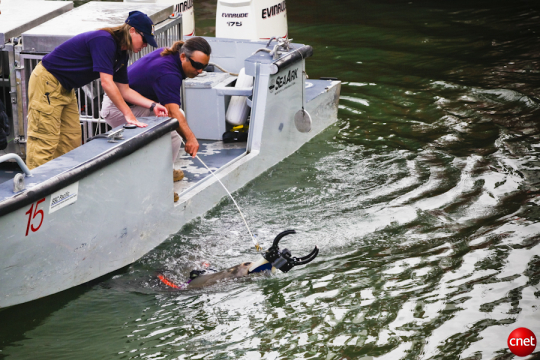I was just informed that my Alma Mater, the International History department at LSE, has been ranked #1 in the 2011 Complete University Guide.
It was given an overall score of 100 out of 100 possible points. Congrats LSE. Go Beavers!
Oxford was second with a score of 99.8. Hard to understand how Durham ended in third with higher graduate prospects and student satisfaction compared to Oxford, but perhaps research assessment and entry standards have more weight?
LSE was an excellent experience for me, as I studied international security during the Cold War in Asia, Africa and Europe. My thesis was on defense ethics strategy, (dis)information warfare, and long-term global security impact from military occupation of the Horn of Africa:
Anglo-Ethiopian Relations 1940-1943: British military intervention and the return to power of Emperor Haile Selassie
When asked about my transition from a history background to information security, I highlight two key points:
- Taxonomy of Authority: At its core, security is about tracking and analyzing events – who did what, where, and when. This mirrors the historical method of studying and interpreting past events. As a historian, I analyzed written accounts to construct coherent narratives. In security, I apply the same analytical skills to computer logs and digital data. Both fields require critical thinking to assess risks based on past vulnerabilities and threats. It’s no coincidence that many security professionals, especially in the military, have a keen interest in history.
- Case Study: Ethiopia 1940 and British invasion/occupation offers valuable lessons for modern complex security challenges. This mission aimed to establish stability while respecting Ethiopia’s sovereignty — a delicate balance given Britain’s imperial past and substantially weakened future. The outcomes of this intervention provide insights relevant to recent Western operations in countries like Afghanistan and Iraq. The post-WWII Western policy in the Horn of Africa ultimately failed to ensure regional security. Instead, it precipitated revolution, invited territorial war (with Somalia) and fueled an anti-American military party (the Derg) rise to power. The resulting instability and reduced Western influence continue to create security challenges today, such as piracy and terrorist safe havens. This historical case study demonstrates how understanding past events can inform current security strategies and risk assessments. It illustrates the transferable skills between historical analysis and information security: the ability to analyze complex situations, identify patterns, and draw actionable insights from past events.
In essence, my background in international history at LSE honed my skills in event analysis and reporting — capabilities fundamental to information security and risk management, which form the bedrock of computer security.
